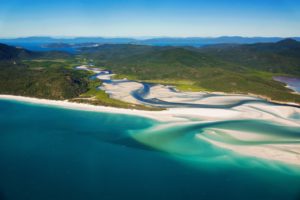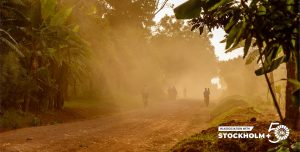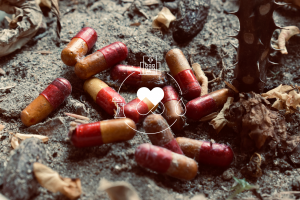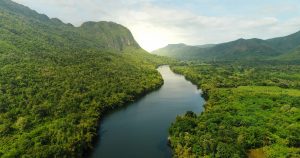- SIWI – Leading expert in water governance
- /
- Latest
- /
- Happy New Year 2021 – with hope for a more resilient world!
Happy New Year 2021 – with hope for a more resilient world!
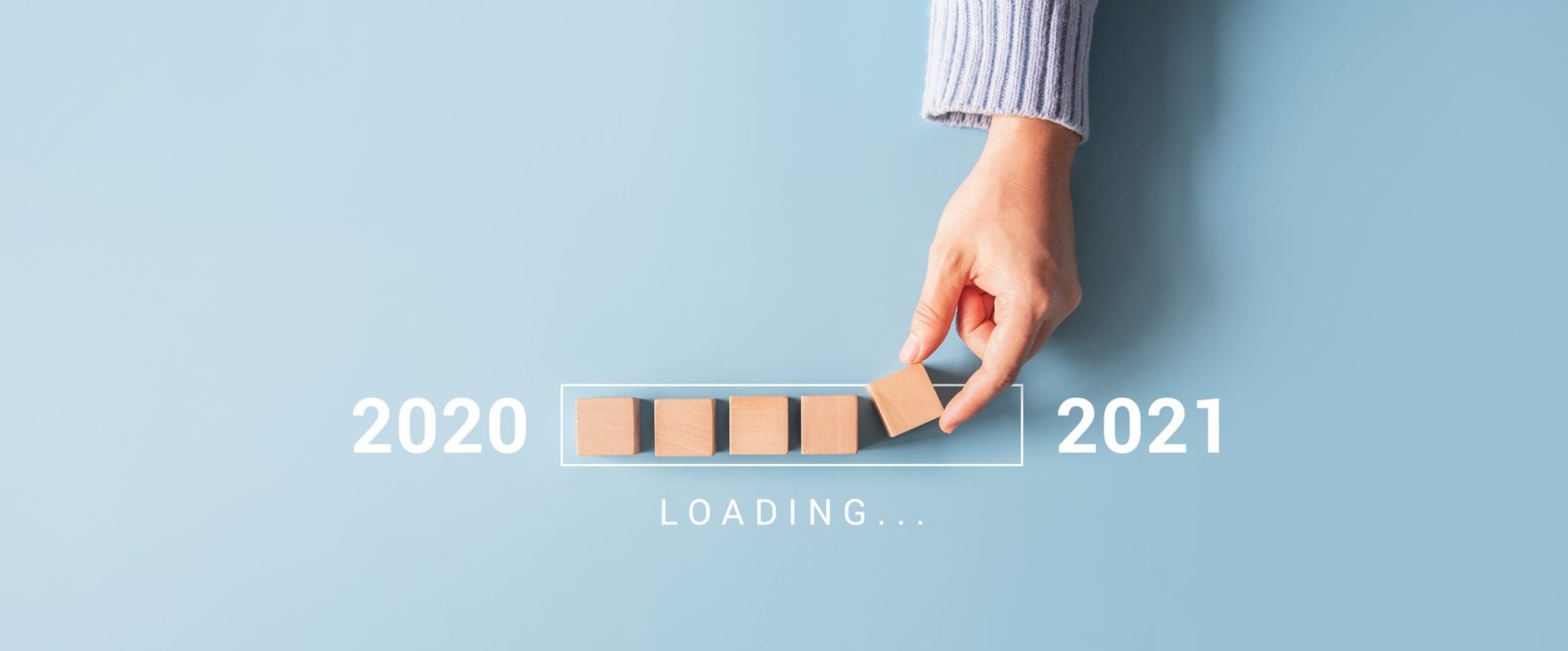
A year ago, few people could foresee the dramatic impact Covid-19 would have. The pandemic has exposed both the deep inequalities of the world and how interconnected we all are, regardless of where we live. This crisis has clearly demonstrated how fragile the global system is and how many areas that need to be changed.
Now is the time to start. There are important lessons to be learned from the past pandemic-dominated year and in 2021 there will be plenty of opportunities to right what has been wrong. If SIWI is to make a new year’s resolution, it is that we will take every chance we see to advocate for a new and more resilient way of doing things. With that determination, we have identified five trends that should be used to chart a new course.
- Change is possible. Covid-19 certainly made it clear how vulnerable our societies are. Yet, in the face of danger, many governments, companies, and citizens have demonstrated their willingness to make swift, substantial, and sometimes costly changes from one day to the next. Now we must mobilize the same kind of response to tackle the climate and water crises. Interestingly, an article in Science recently suggested that it might be less expensive than we think. The estimated cost for transforming the energy sector paled in comparison to the money spent on cushioning the impacts of Covid-19. This shows that stimulus packages should be used wisely, to build back better.
- Change is in high demand. Perhaps overshadowed by the pandemic, we are actually starting to see an upsurge in climate commitments. To date, more than 120 countries and over 1,300 companies have promised to be carbon neutral by 2050. A growing number of politicians and CEOs also take The Leader’s Pledge for Nature to reverse biodiversity loss by 2030. SIWI is working hard to help countries, cities and companies turn this into action through the use of water-related climate solutions that boost nature’s ability to store carbon.
- Resilience must be a top priority. Covid-19 will be followed by many new risks linked to global warming and increasingly fragile ecosystems. To be prepared, every society on Earth must make resilience its top priority. Since most effects of climate change are felt through too much or too little water, it will be essential to incorporate water aspects into all planning and decision-making. SIWI plays an active role in the Race to Zero campaign and will also offer important contributions to the recently announced Race to Resilience, through our own work as well as by holding World Water Week in August on the theme Building Resilience Faster.
- Time to make peace with nature. Inger Andersen, head of the UN’s Environmental Programme, spoke at the Race to Zero Dialogue’s Water Day on 12 November about the need for a new contract with nature and water. The sentiment seems to be shared by many people around the globe who are starting to rediscover nature and place a higher value on water and other natural resources. Often this is a reaction to new reports showing how fundamental ecosystem services are increasingly threatened, ranging from freshwater to food production and nature’s ability to store carbon. After Covid-19, the concept of One Health is finally gaining traction, with more people understanding the close links between human, environmental and animal health. A growing number of companies promise to take greater responsibility for their impact on land and water. To make this transition, more countries and institutions must commit to and start implementing good management of water and other resources.
- We choose the world we want to live in. Covid-19 has shown us that we are unnecessarily exposed to many risks just because resources are wasted or distributed unfairly. Water is one of the best examples, with more than 80 per cent of the world’s wastewater released untreated into nature and more than half the global population living without access to improved sanitation. This is posing dangerous risks for both people and nature that we cannot afford to take. Especially not when there are new wastewater technologies available that let us not only reuse water but also recover nutrients and generate energy.
The past year has shown us that we need to rethink the way we do almost everything, from city and landscape planning to agriculture and industrial production. In many fields there are alternatives, like nature-based solutions, that are more water-efficient, inclusive, and resilient, if only we commit to making the transition.
Fortunately, more and more people are willing to do just that. I am very inspired by voices such as the South African environmental activist Akhona Xotyeni, the Chinese water expert Ma Jun, British singer-song writer Låpsley, actor and water champion Matt Damon and many, many others who spoke up in 2020 for a more just and water-wise future. In the coming year, I am optimistic that this movement will only grow stronger and stronger.
Happy New Year – let 2021 be a year of resilience!


